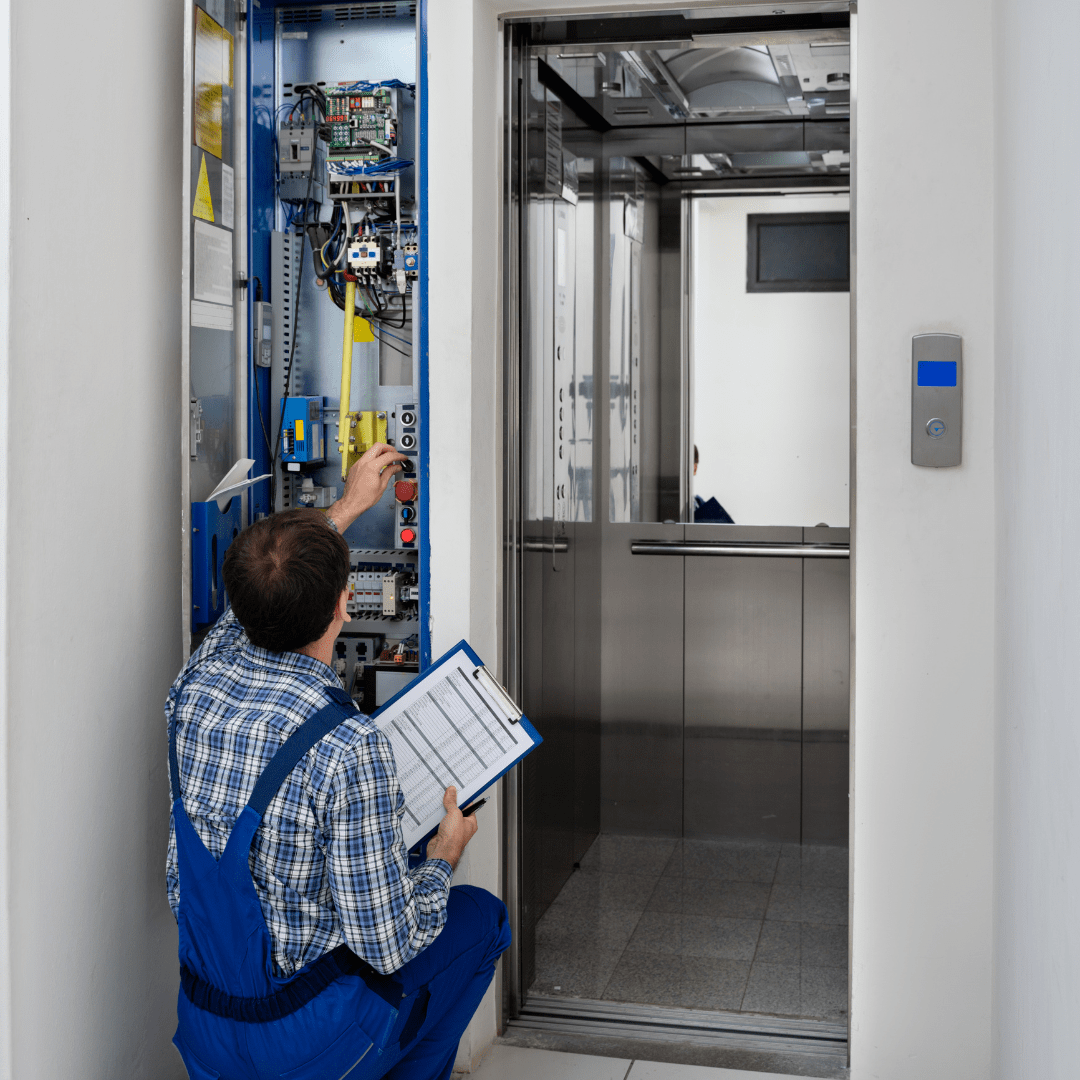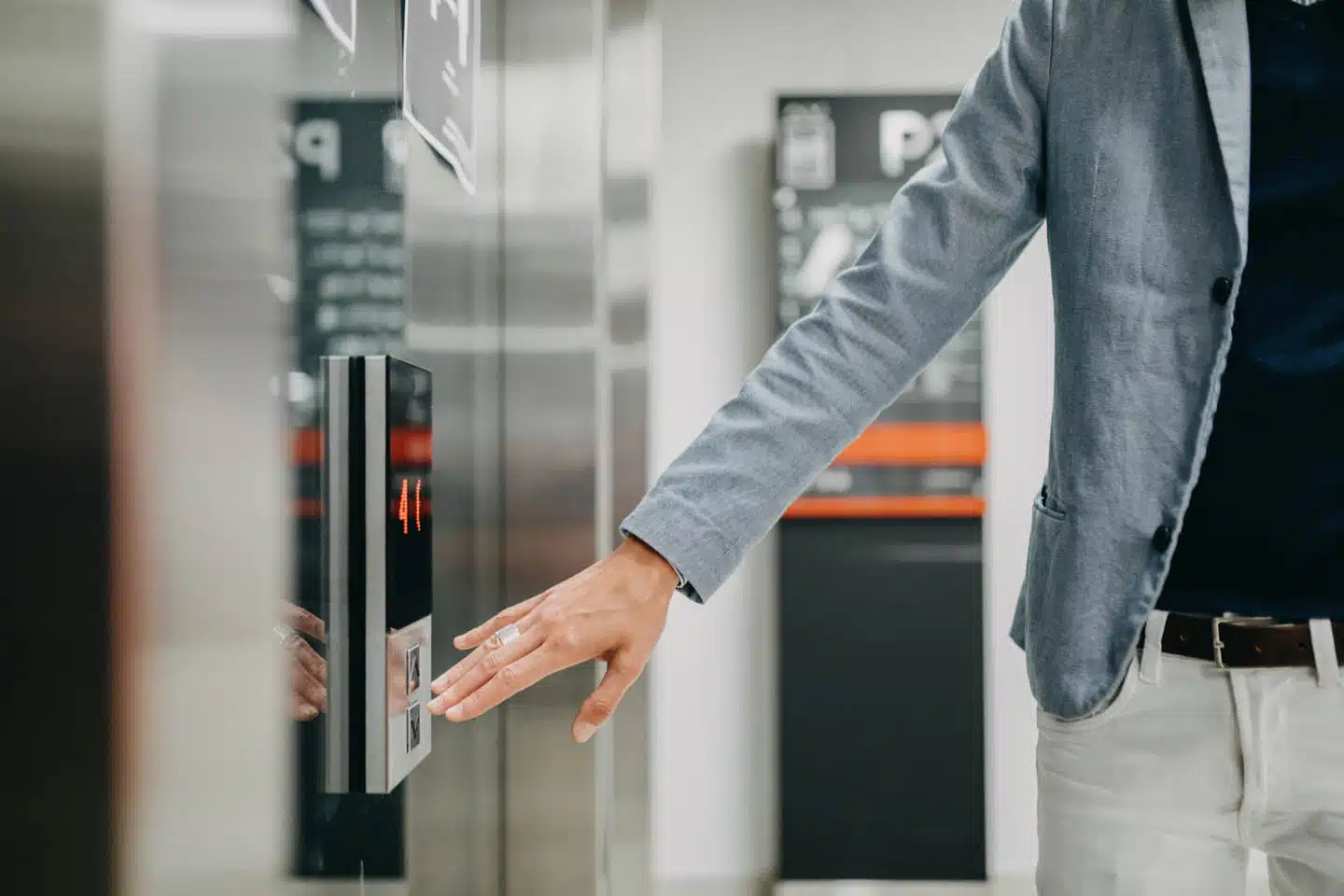The elevator code is in place to – first and foremost – protect the safety and comfort of the passengers who use it. However, it also serves the purpose of protecting the maintenance staff who service it, as well as reducing costs for the property owner, preventing breakdowns and issues further down the line.
The purpose of violations
To enforce the code, the city uses the violation system. And as frustrating as it might be to receive a violation, violations exist to benefit and protect everyone involved. By understanding their causes (and having the appropriate violation prevention strategies in place) you can avoid unnecessary stress and costs.
Understanding Elevator Code Violations
Elevator code violations can range from minor infractions to serious safety hazards. In New York City, it’s the Department of Buildings (DOB) that oversees elevator inspections and enforces compliance with the city’s elevator code.
There is no ‘top ten list of common code violations’, as there are so many elements to consider, but we have listed some typical violation types here.
- Outdated or Missing Inspection Certificates: Elevators must be inspected and tested twice annually by certified inspectors – and valid inspection certificates must be prominently displayed. If you don’t keep these certificates up-to-date or don’t display them clearly, you can land yourself a violation.
- Improper Maintenance: All elevator maintenance contracts need to include a Maintenance Control Program (MCP) that follows the maintenance protocol specified by the elevator manufacturer. Along with your copy of the MCP, you need to keep a detailed log of all maintenance performed on the device. For more details, check out the NYC Buildings web page on Elevators for Property Owners.
- Electrical Code Violations: Elevator systems of course rely heavily on electrical components, and violations in this area can pose serious safety risks. Common electrical code violations include faulty wiring, poor grounding, or improper installation of electrical equipment.
- Overloading: Elevator capacity limits are in place to prevent overloading, which can strain the elevator system and compromise passenger safety. If you don’t have clear capacity signage in place, you’ll get a violation.
Prevention Strategies for Elevator Code Violations
So how do you, as a building owner, prevent elevator code violations? Well, you will need to take a proactive approach where you work with your elevator service company to address all maintenance, inspection, and compliance issues.
Here are some strategies to help you stay on top of your violations:
- Regular Maintenance and Inspection: Investing in a comprehensive maintenance program is the first line of defense against elevator code violations. By partnering with a dependable elevator service provider you can ensure that routine maintenance tasks are performed promptly and effectively. Regular inspections by certified professionals are also essential for identifying and addressing potential issues before they escalate into violations.
- Stay Informed and Educated: Elevator regulations and codes are always subject to updates and revisions, so it’s crucial to stay informed about the latest developments. As a building owner or manager you should familiarize yourself with local elevator codes and standards, attend training sessions or seminars, and stay in touch with industry experts to stay aware of changes in the regulatory landscape. Conversations with your service provider should always include regular updates on code and violations.
- Implement a Compliance Checklist: A compliance checklist tailored to the specific requirements of the NYC elevator code can help make sure that nothing falls through the cracks. Work with your service provider to draw up a checklist covering all aspects of elevator operation and maintenance, including inspection schedules, documentation requirements, and emergency procedures.
- Address Issues Promptly: Minor maintenance issues can quickly snowball into serious violations with costly consequences. Once an issue has been identified, make sure it gets resolved promptly. Whether it’s repairing a malfunctioning component, updating outdated equipment, or addressing compliance deficiencies – your service provider should stay on top of anything covered by your maintenance contract and keep you informed of any potential problems that could escalate into a bigger, more expensive issue later.
- Ask about Training and Certification: Elevator maintenance teams need to be properly trained and certified to maintain compliance and prevent violations. Check that your service company is investing in training programs and certifications for their maintenance staff, enhancing their skills and knowledge, and keeping up to date with regional code changes.
- Embrace Technology: With advancements in elevator technology, we all have access to smarter solutions for improving safety, reliability, and efficiency. Technology-driven tools like predictive maintenance, remote monitoring, and digital documentation software can help to make code compliance easier.
- Foster a Culture of Safety: By promoting a culture of safety among your tenants, staff, and visitors, you can help to prevent elevator accidents and code violations. With clear communication and signage, regular safety training, and encouraging people to proactively report any maintenance issues, you can create an environment where safety is prioritized by everyone.
Let’s minimize the risks
Elevator code violations pose significant risks to both occupants and building owners, but with proactive maintenance, compliance efforts, and a commitment to safety, these risks can be minimized. As a building owner or manager you can do your part by staying informed, investing in maintenance and training, and working with a dedicated elevator service and support team. This way you can ensure that your elevators run safely and efficiently, keeping traffic flowing smoothly through your property for years to come.
Have a violation?
If you’re struggling with resolving your violations or not getting the right support from your existing service provider, give our friendly team a call on (718) 324-9166 to discuss how we can help.



